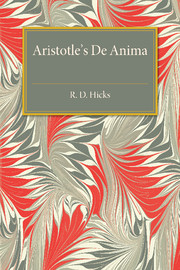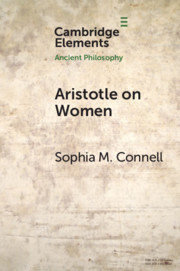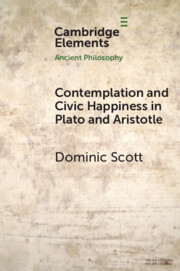Aristotle on Desire
Desire is a central concept in Aristotle's ethical and psychological works, but he does not provide us with a systematic treatment of the notion itself. This book reconstructs the account of desire latent in his various scattered remarks on the subject and analyses its role in his moral psychology. Topics include: the range of states that Aristotle counts as desires (orexeis); objects of desire (orekta) and the relation between desires and envisaging prospects; desire and the good; Aristotle's three species of desire: epithumia (pleasure-based desire), thumos (retaliatory desire) and boulêsis (good-based desire - in a narrower notion of 'good' than that which connects desire more generally to the good); Aristotle's division of desires into rational and non-rational; Aristotle and some current views on desire; and the role of desire in Aristotle's moral psychology. The book will be of relevance to anyone interested in Aristotle's ethics or psychology.
- Reconstructs Aristotle's account of desire
- Explores the role of desire in Aristotle's moral psychology
- All Greek is translated
Product details
October 2012Hardback
9781107023918
288 pages
222 × 144 × 20 mm
0.47kg
Available
Table of Contents
- Introduction
- Part I. Desires and Objects of Desire:
- 1. The range of states Aristotle counts as desires (orexeis)
- 2. Some general considerations about objects of desire (orekta) for Aristotle
- 3. Desire (orexis) and the good
- Part II. Aristotle's Classifications of Desire:
- 4. Species of desire I: epithumia (pleasure-based desire)
- 5. Species of desire II: thumos (retaliatory desire)
- 6. Species of desire III: boulêsis (good-based desire)
- 7. Rational and non-rational desire
- Part III. Further Reflections:
- 8. Some reflections about Aristotle's broad and narrow notions of desire
- 9. Aristotle's moral psychology.






